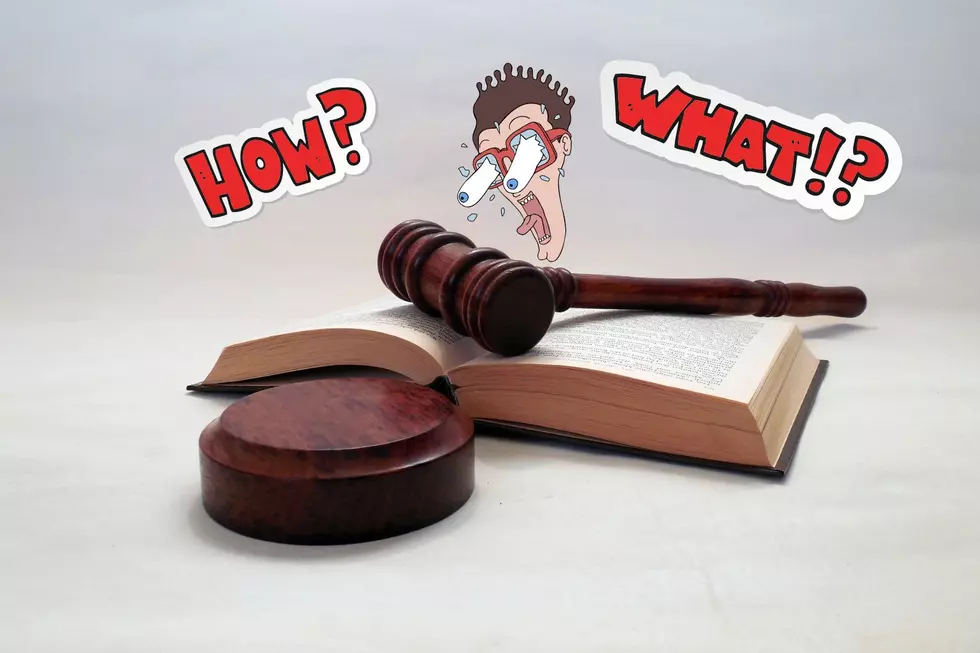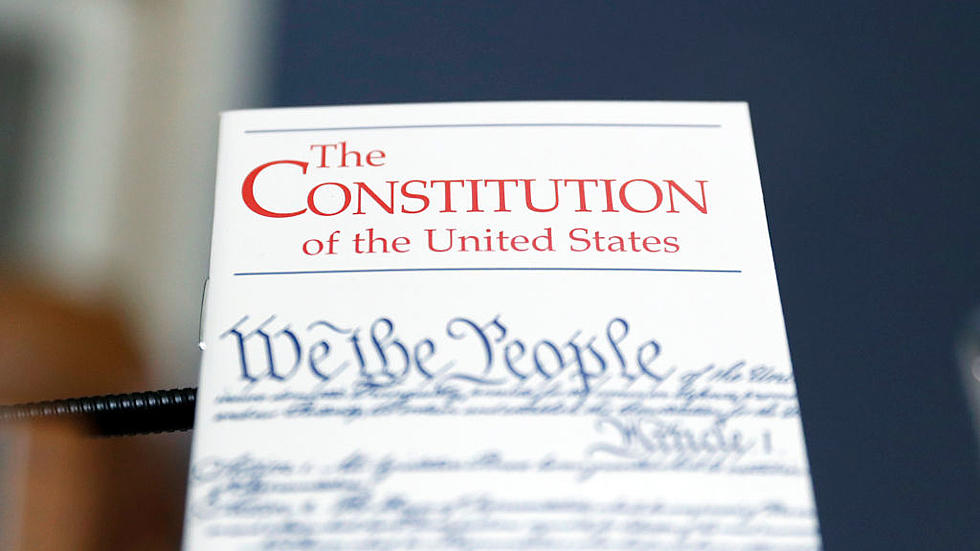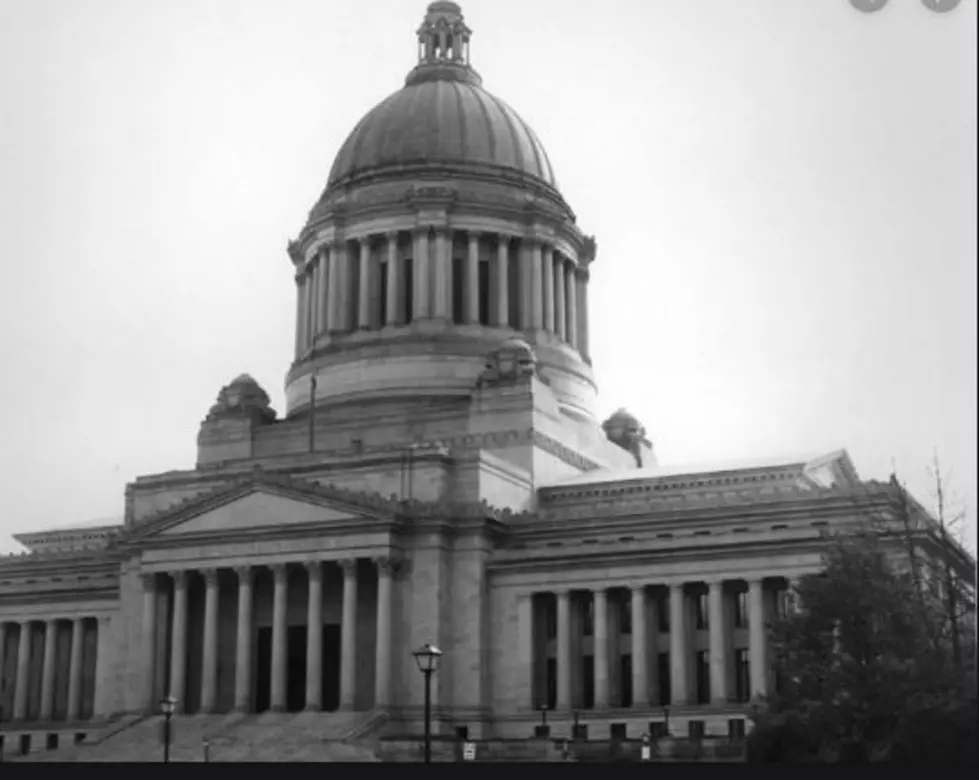
Court Rules Washington Pharmacies Must Dispense Plan B Birth Controls
In a reversal of a 2012 ruling, the U.S. 9th. Circuit Court of Appeals ruled Thursday pharmacies in Washington state must now dispense emergency contraceptives, including Plan B birth control meds. Opponents are already saying this compares to bakeries, florists and other businesses being forced to serve same-sex wedding clients despite their religious objections, from a biological medical standpoint.
The 2012 decision had been handed down by U.S. District Court Judge Ronald B. Leighton, who ruled the state's rules did indeed violate the religious freedoms of pharmacy owners. He ruled the state laws discriminated against the religious freedoms of the businesses. The origins of this case go back a number of years.
In 2007, Washington state adopted new rules after allegations some women had been denied what is called Planned B birth control. Plan B is a concentration of high-volume medicine that will usually prevent a pregnancy, even a few days after unprotected sex. Critics and opponents called it a very early form of abortion-like treatment. Then according to the Seattle Times, a group of pharmacists sued against these rules:
"A Ralph’s Thriftway pharmacy in Olympia and two pharmacists sued, saying the rules required them to violate their religious beliefs, because the drugs can prevent implantation of a fertilized egg, which they consider equal to abortion. They argued that they should be allowed to refer patients to a nearby drug store rather than fulfill the prescription themselves."
This new ruling by a three-judge panel overturns Leighton's ruling, now ALL pharmacies will be forced to fill such prescriptions or dispense Plan B and other similar methods of birth control - regardless of religious objections. Opponents claim it's abortion, because of their belief that life begins at conception. Plan B is often utilized whether it's known if conception has taken place or not.
Critics and opponents of the ruling are already saying this puts pharmacists in the same position as bakers, florists, and other businesses who objected to serving same-sex wedding due to their religious beliefs. Although they are distinctly different scenarios, these critics say it's another blow to religious freedom, freedom of expression, and the freedom to practice that religion.
More From 870 AM KFLD









